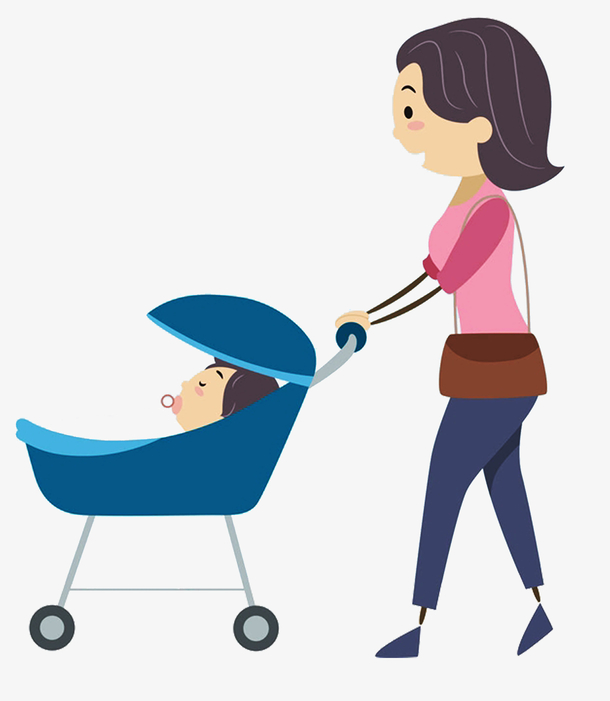After enduring the hardships of childbirth, pregnant women may initially have no breast milk, so they need to rely on formula to feed the newborn. However, for new mothers, determining how many milliliters of formula the baby should drink each time can be a challenge. In fact, the digestive system of newborns is not yet fully mature, their food intake is limited, so there is no need to strictly adhere to a fixed schedule, but rather feed on demand, meaning feeding the baby when hungry.
Usually, newborns need to be fed 7 to 8 times a day, about every 3 hours apart. Initially, the amount of milk per feeding can be 15-20 milliliters, then gradually increase by 10-15 milliliters each day until reaching 60 milliliters per feeding. Once the baby adapts to this amount, you can increase by another 10-15 milliliters every other day, with the ultimate goal of feeding around 90 milliliters per time. After about a week, feeding can be reduced to 5-6 times a day.
To determine if the newborn has had enough formula, you can observe a few signs:
– Feeding frequency: In the initial stage, newborns need to be fed 8-10 times a day, although the frequency decreases slightly after 3 months, it should still be around 8 times a day to ensure the baby is full. – Excretion: A well-fed baby should have 6 or more urine times and 2-4 bowel movements per day, with yellowish soft stools indicating sufficient intake. – Weight gain: Normally, babies should gain between 0 to 170 grams per week in the first 3 months, increasing to about 200 grams per week after 3 months, with a monthly growth of 500 to 600 grams, indicating proper feeding. – Sleep pattern: A well-fed baby can sleep continuously for about 4 hours after being full. – Mental state: A baby with bright eyes, alert reactions, cheerful emotions, and a love for activity is showing signs of adequate nutrition.
Through these natural physiological responses, parents can more accurately determine whether the baby has eaten enough.


